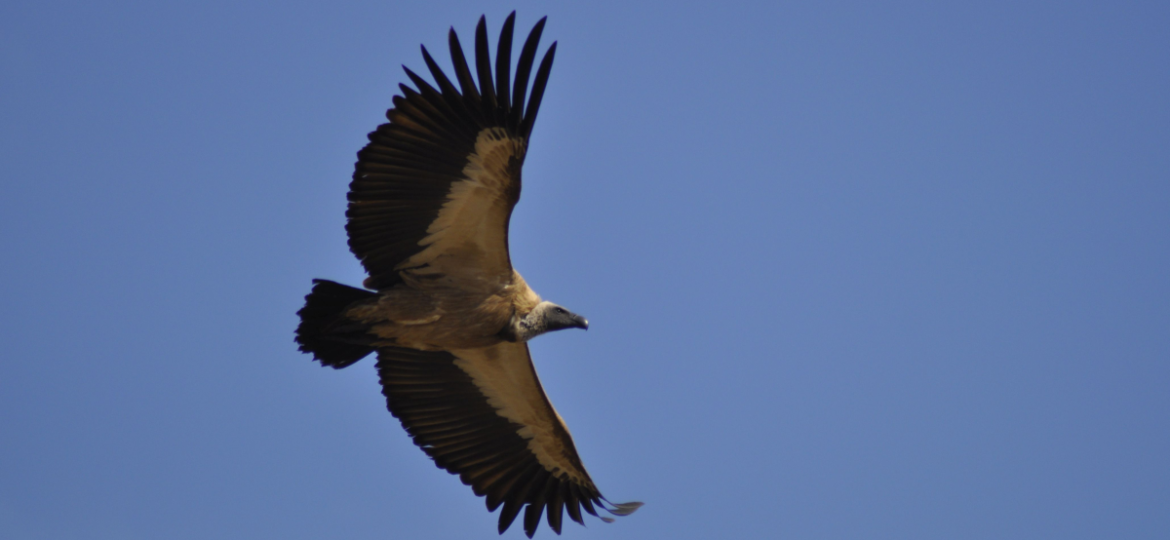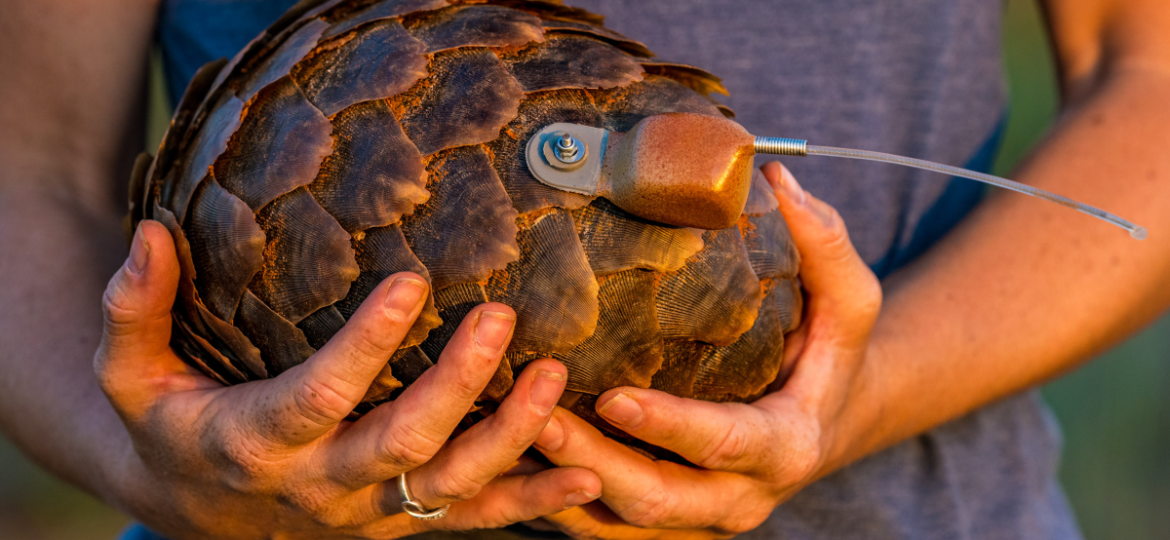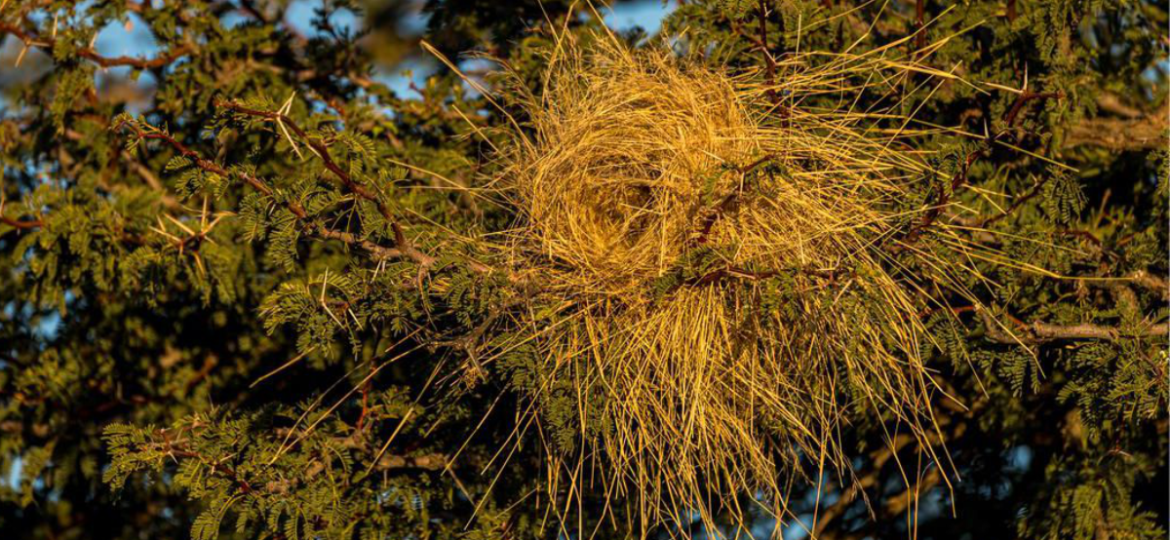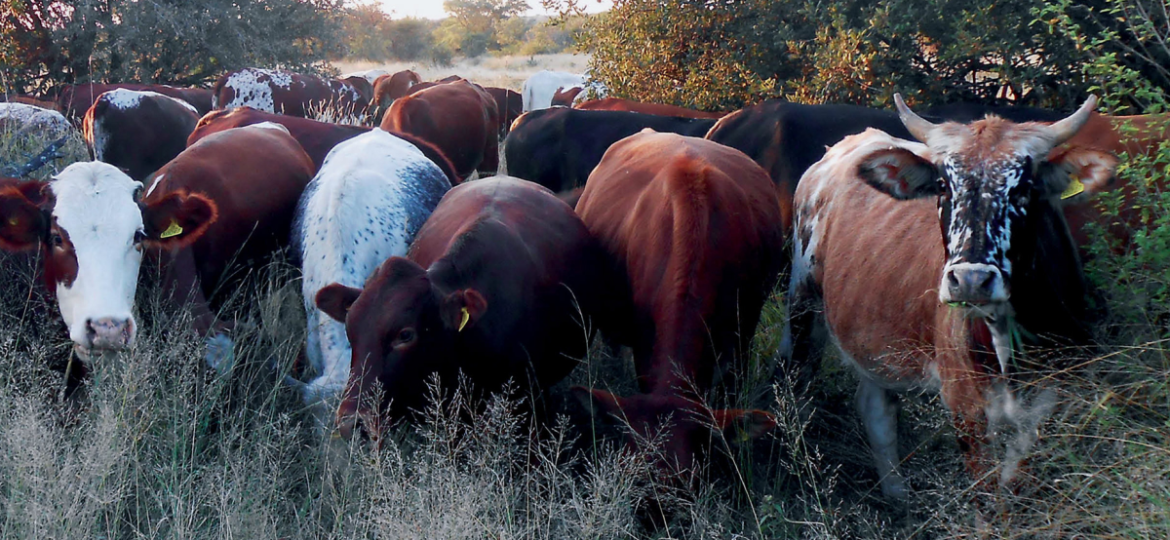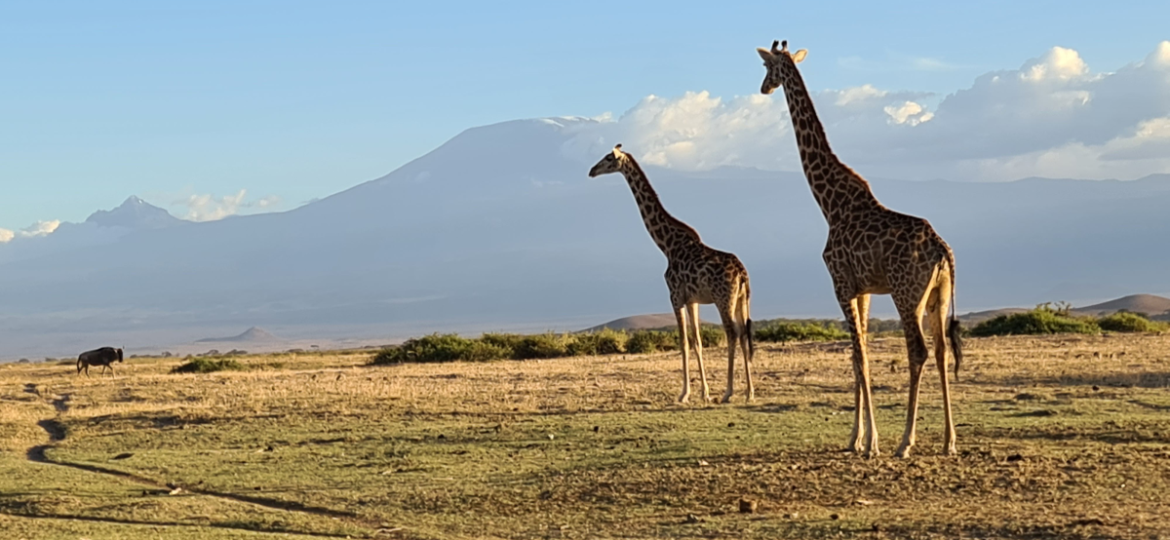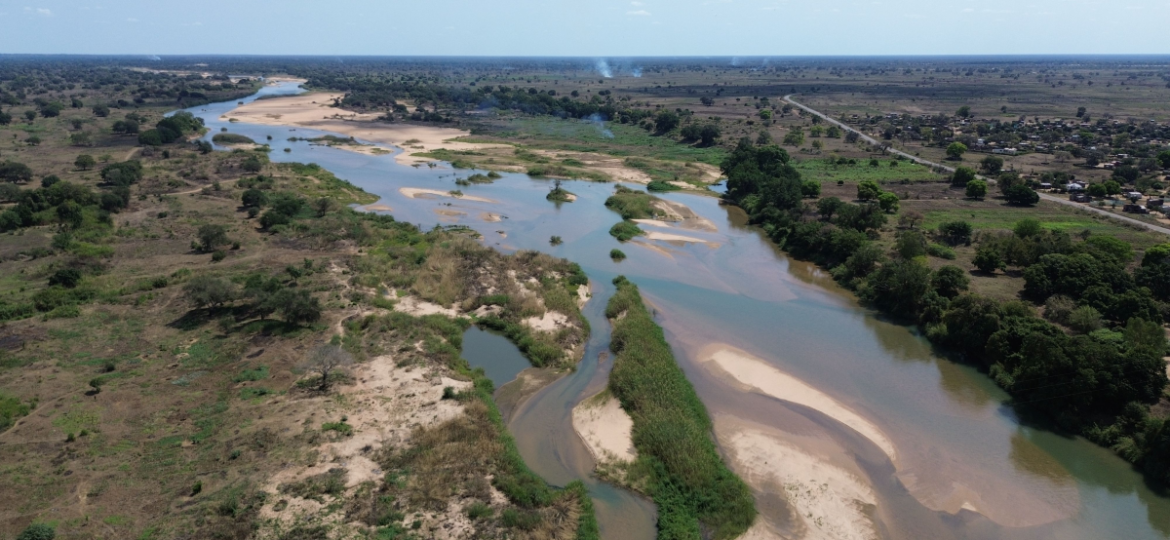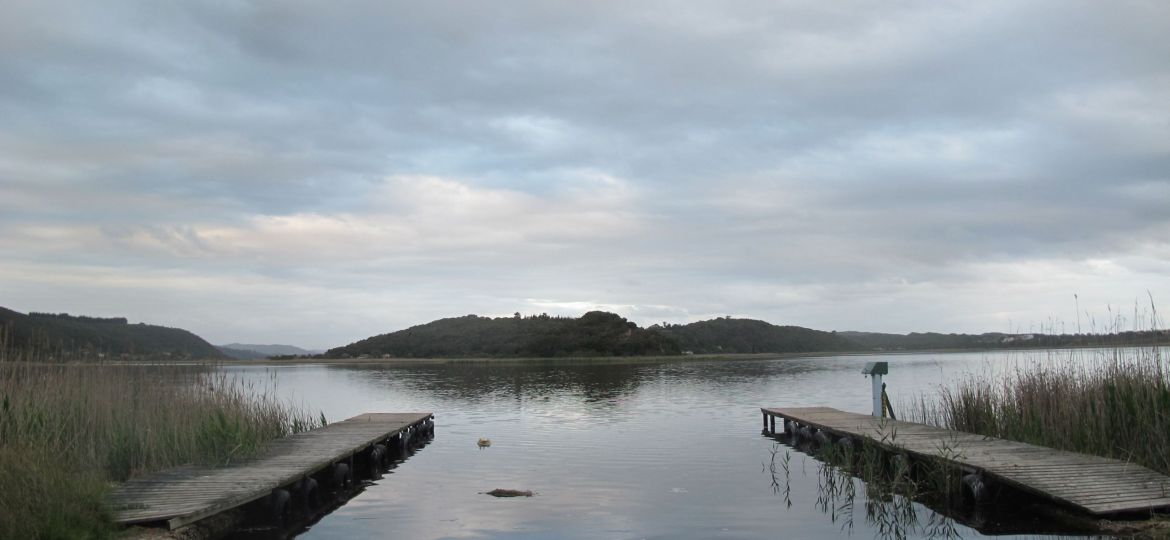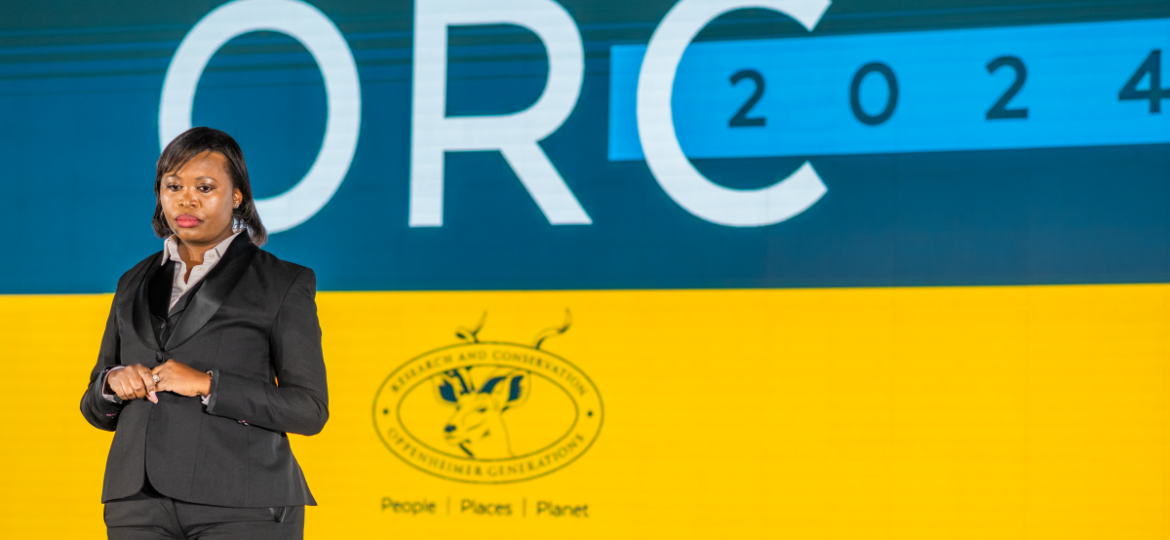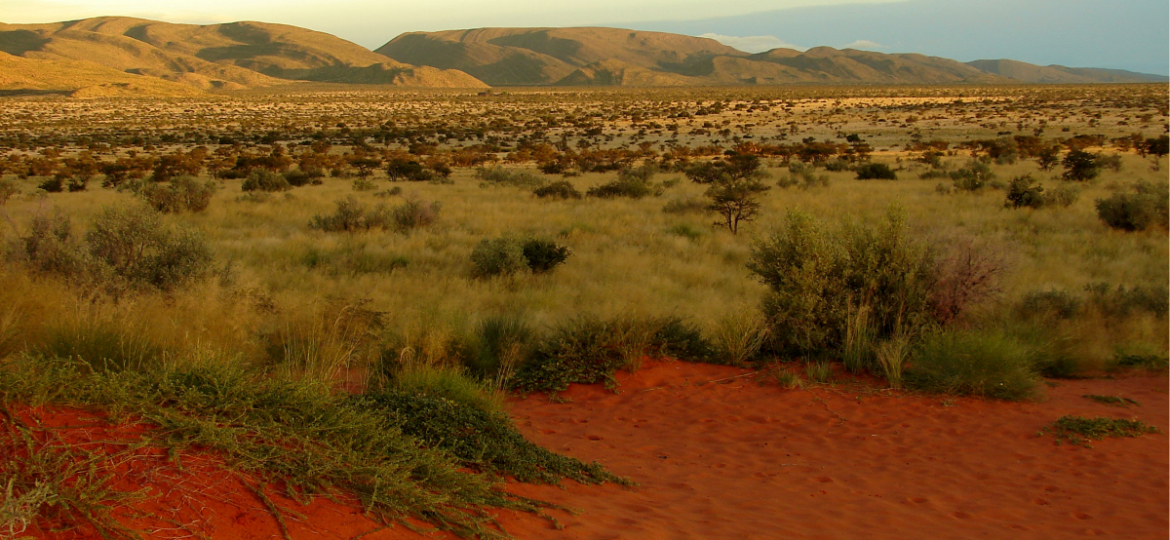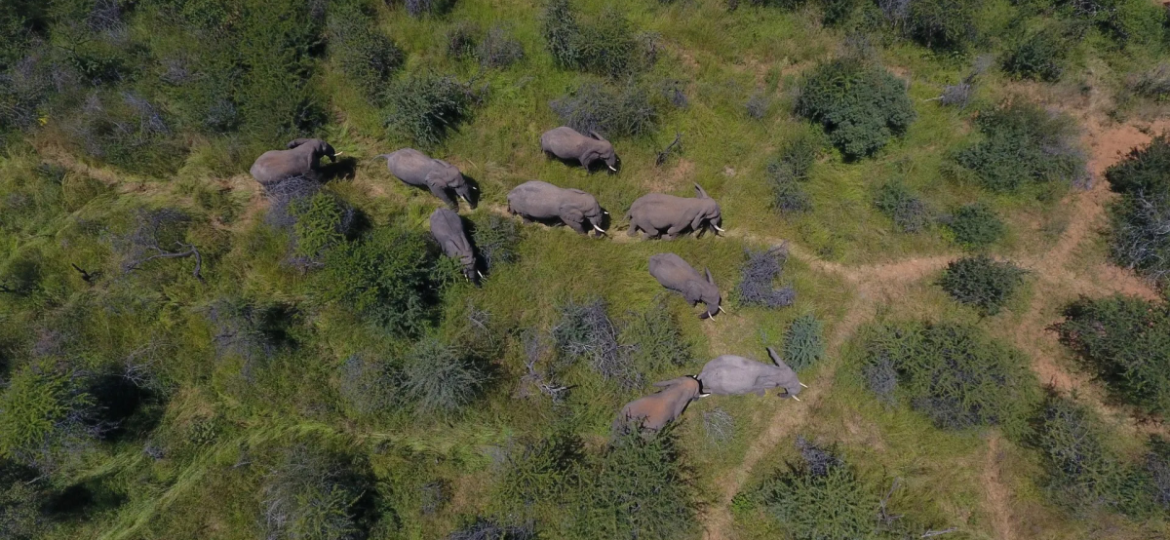Vulture survival, poaching threats, and hope from the skies
Yves Vanderhaeghen
Pangolins are elusive and heavily trafficked. At Tswalu, researchers are working to uncover their secrets and aid conservation.
Declining Sparrow-Weavers may threaten other birds that rely on their old nests for shelter.
“Cattle corridors might just hold the key to African ecological resilience.” Ecologist Elizabeth le Roux is rethinking what nature means: where rangelands, people, and wildlife intersect in surprising ways.
Reweaving Kenya’s rangelands. From milk gourds to satellite data, Jonah Western’s community-first conservation strategy is turning Kenya’s Amboseli region into a tapestry of coexisting people, wildlife & land.
How healthy is the Limpopo River?
R4,5million Oppenheimer grant aims to find out.
Scientists are zeroing in on two little lakes in the Cape to figure out how to save them from climate change, or if they can’t, then if they could recover. Yves Vanderhaeghen reports
If anyone should be complaining about the Expropriation Act, it’s government, argues Bulelwa Mabasa, Director and Head of the Land Reform practice at Werksmans Attorneys
Tswalu Kalahari Reserve hosted the 2024 annual meeting of The Long Run, from the 28th of October to 1st of November.
Conservation is often a hard sell. However, the business of conservation has a heft that appeals to both governments and people looking for pathways out of poverty in Africa.



